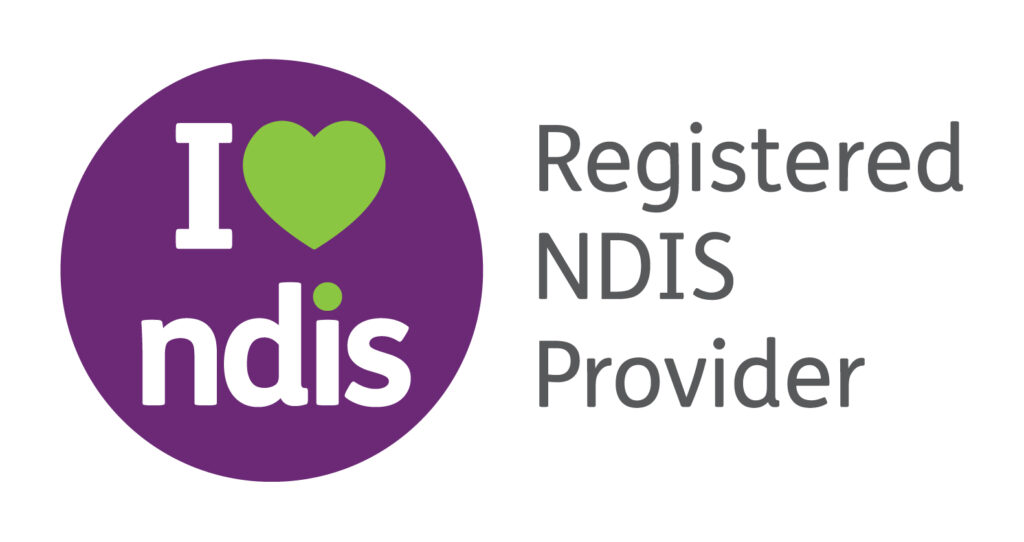Navigating the world of therapy can be daunting. With numerous therapeutic approaches available, how can you determine which is the right fit for you or a loved one? We’re here to shed light on the differences and help you make an informed decision.
Cognitive Behavioral Therapy vs Psychotherapy
- CBT or psychotherapy?
This is a common question many ask. Contrary to popular belief, they aren’t two distinct entities. CBT is actually a subset of psychotherapy. While psychotherapy encompasses a broad spectrum of therapeutic techniques, CBT is a specific type that’s often employed for short-term interventions.
When people hear the term ‘talk therapy’, they’re usually thinking of psychotherapy. In these sessions, a psychotherapist identifies and addresses negative emotions, thoughts, and behaviors. The aim is to modify these patterns, enabling individuals to lead a more fulfilling life.
Types of Psychotherapy
There’s a diverse range of psychotherapy methods, and one of the most prominent is:
Cognitive Behavioral Therapy (CBT)
Diving Deeper int Cognitive Behavioural Therapy (CBT)
Here’s what CBT entails:
- Recognition of Distorted Thinking: CBT aids individuals in identifying and challenging distorted thought patterns, fostering better understanding and interactions with others.
- Behavioral Change: By evaluating one’s thoughts and feelings, CBT facilitates the transformation of detrimental behaviors and enhances coping mechanisms.
- Self-Guidance: CBT is unique in its emphasis on self-help. Through in-session exercises and take-home assignments, clients hone skills that allow them to be their own therapists, altering their thinking, emotions, and behaviors.
- Present-Focused: While understanding one’s history is essential, CBT primarily concentrates on the present, equipping individuals with effective coping strategies for the future.
- Techniques: CBT employs a mix of cognitive restructuring, behavioral activation, and skill-building to empower individuals, granting them insight into their thought patterns and equipping them with healthier coping mechanisms.
CBT is commonly used to treat:
- Anxiety
- Depression
- Life stressors
- Panic
- Phobias
- Chronic stress
- Others
Making Your Decision
There is no “one size fits all” solution when it comes to therapy. What works for someone else might not be what works well for you. While it may feel overwhelming, asking us questions can help you select a therapist who is a good fit for you. In fact, the relationship between you and the therapist is one of the biggest predictors of successful therapy outcomes. Contact us so we can help you choose the best therapy.




